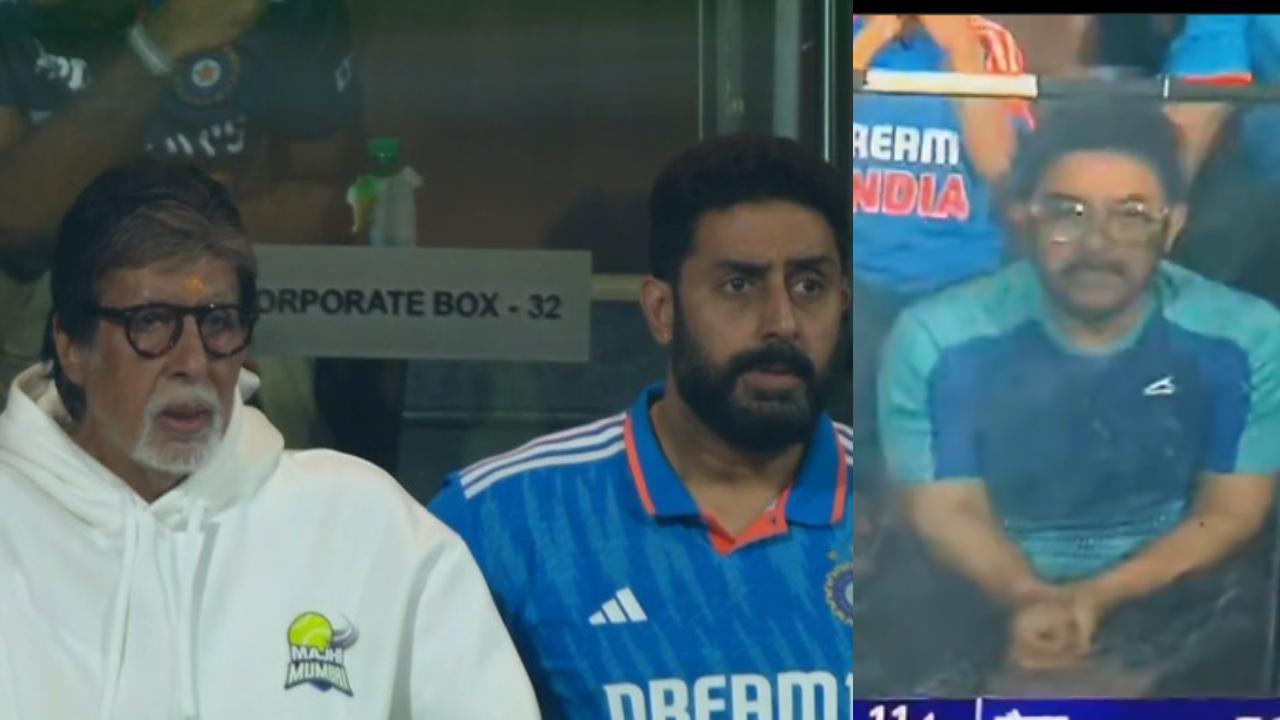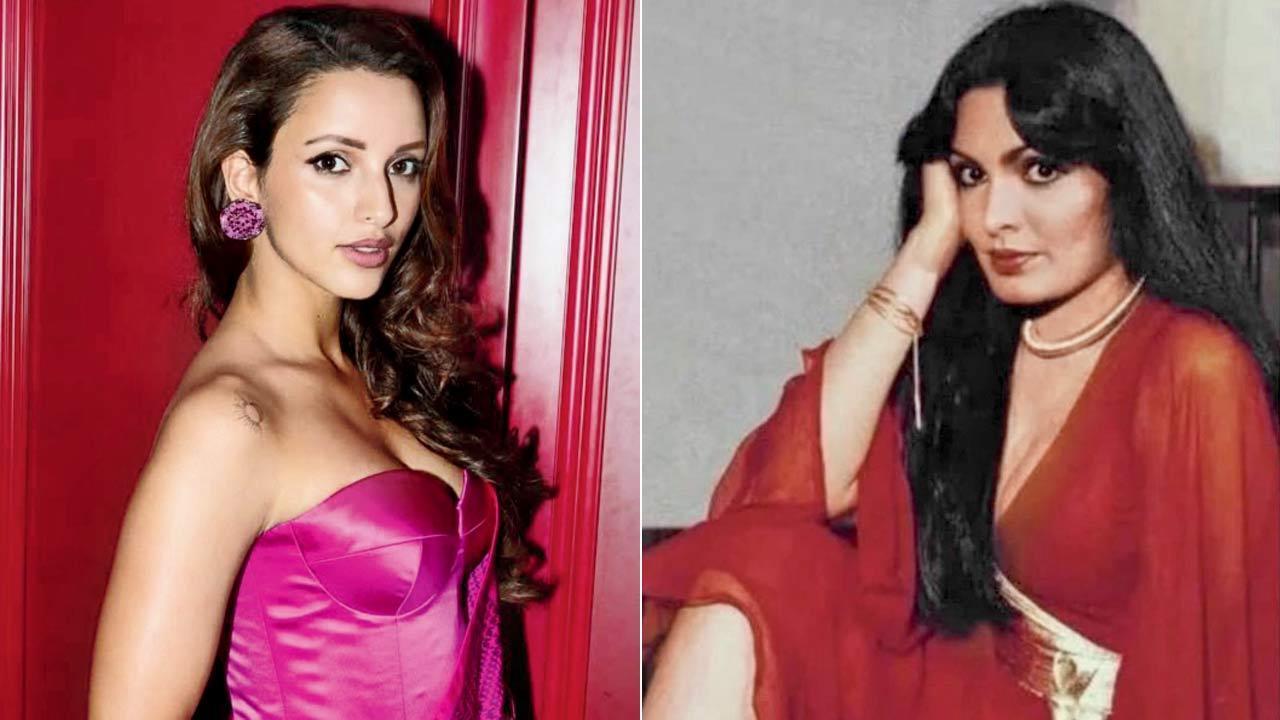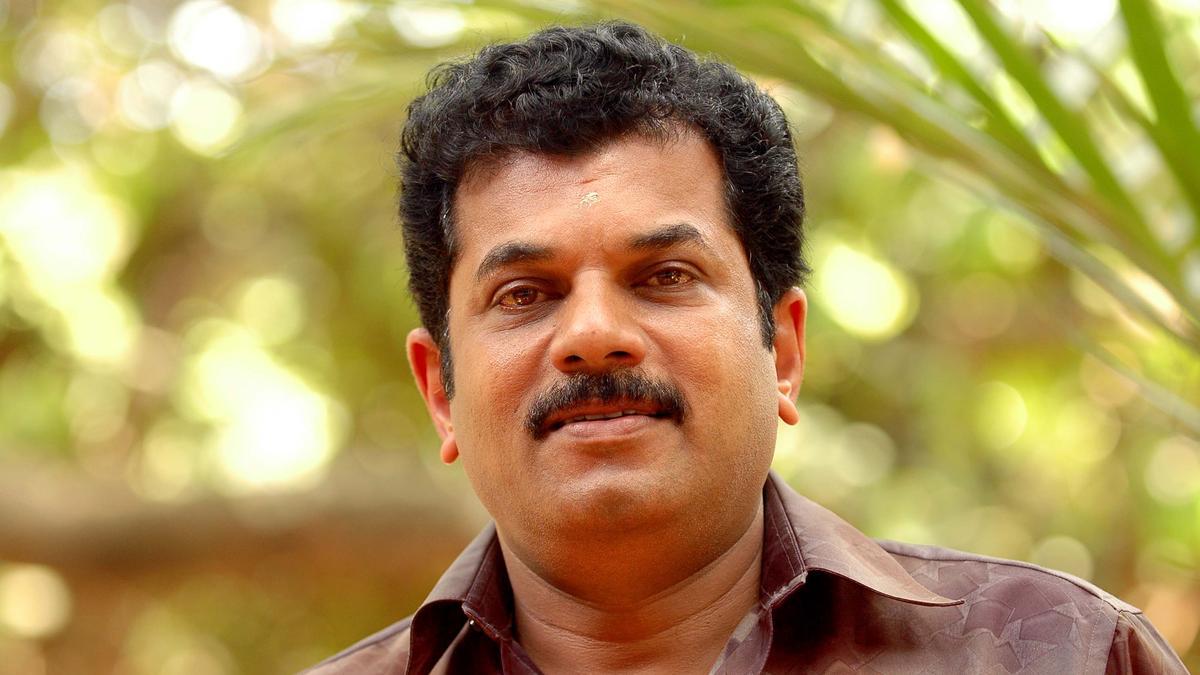
At the height of the holiday season, an incident during a Christmas celebration has initiated legal complaints against one of Bollywood’s prominent actors, Ranbir Kapoor. Two advocates from the Bombay High Court, Ashish Rai and Pankaj Mishra, have filed a complaint at Ghatkopar Police Station accusing the actor of deliberately hurting religious sentiments. This complaint follows the circulation of a video capturing Kapoor and his family engaging in a festive act that has been deemed offensive by the complainants.
The video in question showcases a moment from the Kapoors’ Christmas lunch—a traditional gathering of the family, which, in addition to Ranbir Kapoor, includes noted personalities like Karisma Kapoor, Kareena Kapoor, Armaan Jain, Aadar Jain, and actress Alia Bhatt, who has attended since she and Ranbir began dating. This reunion typically features joyous celebrations and this year also served as a public introduction of Ranbir Kapoor and Alia Bhatt’s daughter, Raha Kapoor, to the media, with Alia holding her daughter, festively attired, before joining the family event.
The Christmas spirit in the Kapoor household was captured on camera as they prepared to slice into a cake bathed in spirit. Kunal Kapoor, a part of the cherished tradition, waited to cut the cake alongside Zahaan Kapoor, who was pouring the spirit atop the cake. Ranbir Kapoor, seen with a lighter at the ready, then ignited the cake while proclaiming “Jai Mata Di,” a chant in praise of the divine mother in Hinduism, which was then echoed by other family members. The celebration concurrently took a turn that has ignited controversy; Alia sat by with a startled expression, and the moment, now recorded from various angles, found its way onto the internet.
This action has since been interpreted by Rai and Mishra as a disrespect to Hindu traditions, where the fire god is ceremoniously invoked before any other deities. The advocates contend that the act of combining a religious chant with the use of intoxicants during a Christian festival was a deliberate infiltration and mockery of Hindu customs. Accordingly, they have sought action against Ranbir Kapoor under sections 295A (deliberate and malicious acts, intended to outrage religious feelings), 298 (uttering words, etc., with deliberate intent to wound religious feelings), 500 (punishment for defamation), and 34 (common intention) of the Indian Penal Code (IPC). Despite these calls, the police have not yet registered a First Information Report (FIR) in the matter.
The incident raises concerns about the right to freedom of expression versus the potential for causing offense in a multicultural society. Such situations become a battleground for determining the limits of artistic and personal expression, bringing to the fore debates on cultural sensitivity and respect for religious sentiments.
The Kapoor family, iconic in the Indian film industry, gathers each Christmas for this familial ritual, a convergence of their personal lives with the public sphere. The internet, a platform for sharing life’s celebrations, in this case, served as the medium for the spread of the controversial video. Whether this should be viewed as an innocent family moment or a serious cultural transgression has become the crux of the issue currently being debated within the community and beyond.
As the festivities fade, the debate it has sparked shows no sign of abating. Questions on the boundaries of cultural expression and the public’s role in interpreting celebrity actions remain at the forefront of media scrutiny, now casting a shadow over what was intended to be a light-hearted family gathering for the Kapoor clan. The outcome of this complaint, whether it escalates to formal charges or is dismissed as a misunderstanding, is poised to set a precedent on the sensitivity and respect due to religious practices in the context of multi-faith celebrations.










